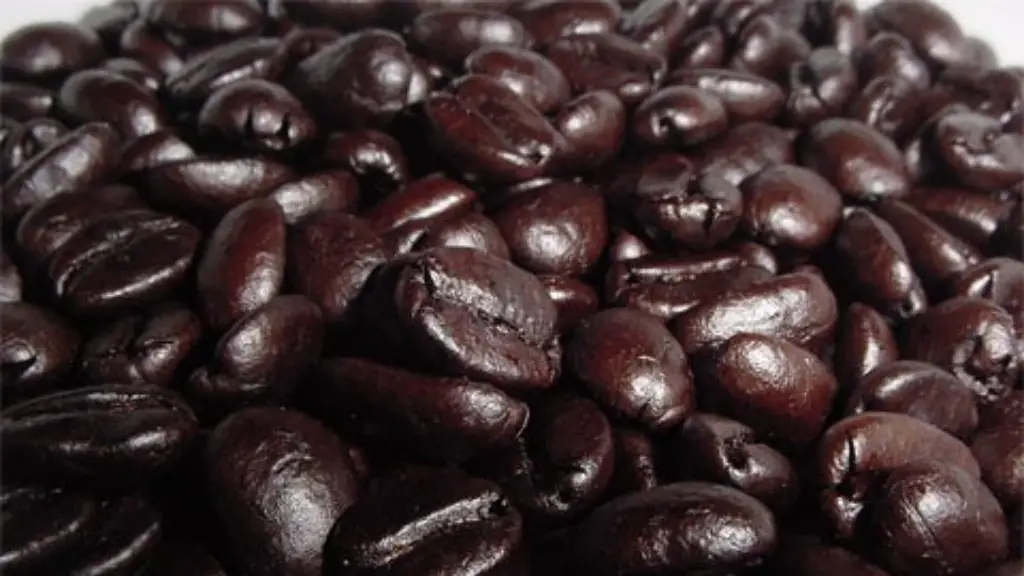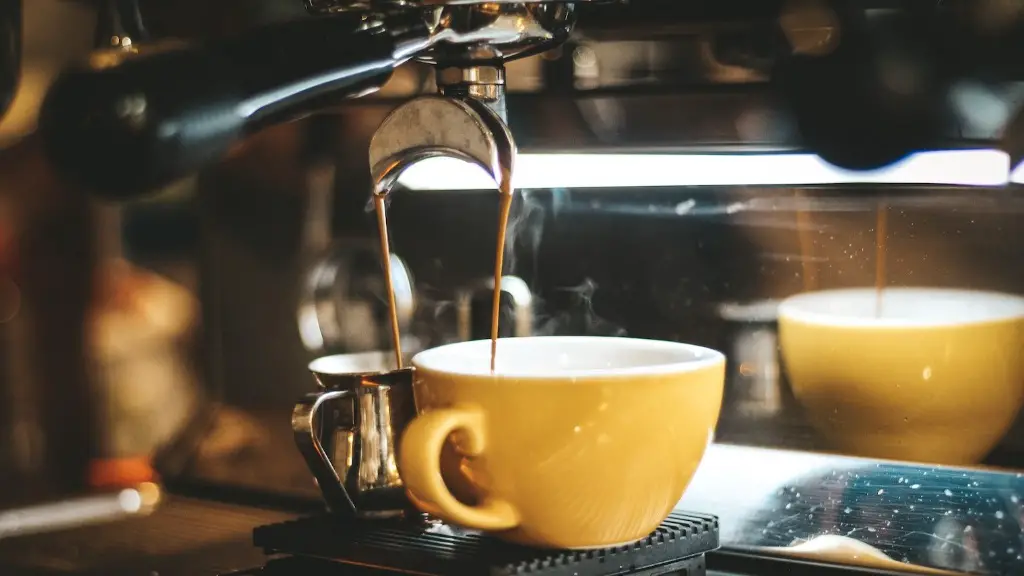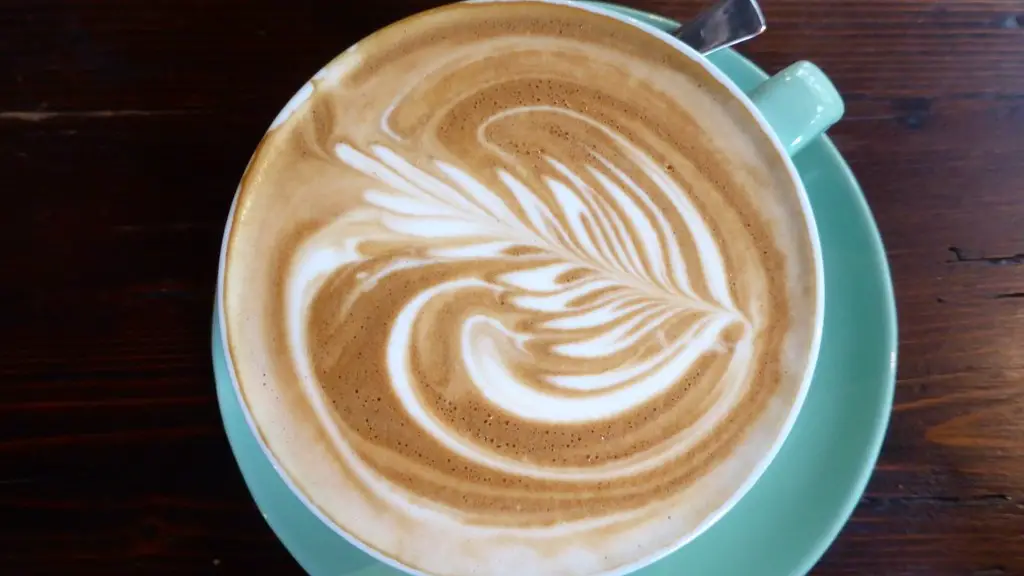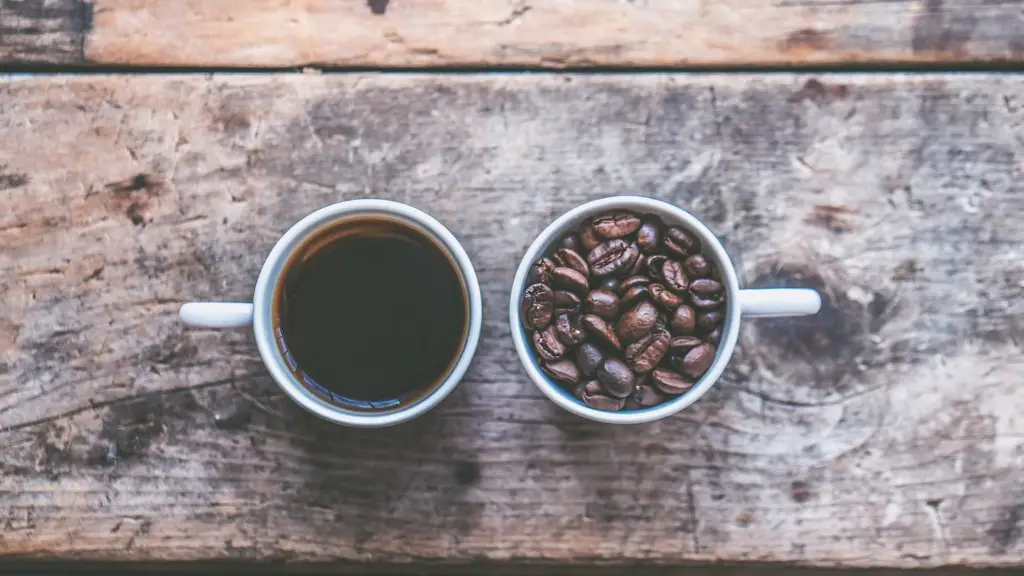Drinking coffee after lunch is becoming increasingly common. While some may enjoy the ritual of sipping on their favorite caffeinated beverage, there are those who are concerned about possible drawbacks. To get a better understanding of the pros and cons of drinking coffee after lunch, it helps to consider both research and educated opinions from health and nutrition experts.
A closer examination of the existing research on the link between caffeine and metabolism reveals that caffeine can increase metabolism, thus aiding weight loss. One study, for example, suggests that caffeine can increase metabolism by up to 11%. Another study indicates that caffeine may also suppress appetite, which can help with weight management.
Although moderate consumption of coffee may offer some health benefits, health and nutrition experts caution against the overconsumption of coffee. Coffee contains caffeine, which can cause increased blood pressure and dehydration. In addition, excessive intake of coffee may lead to irritability, insomnia, and headaches. The American Heart Association recommends limiting coffee consumption to three or four 8-oz. cups per day.
From a personal point of view, it is important to identify when and how much coffee one consumes throughout the day. Overindulging is never a good idea and can lead to adverse effects. Many people find that indulging in a cup of coffee after lunch can be beneficial for after-lunch energy and focus. Drinking coffee before lunch can also cause problems, such as increased stomach acid production and potential gastric irritation. As with any food or beverage, moderation is key.
In addition to the potential health benefits and drawbacks of beverage consumption, there is also the question of how coffee affects digestion. Some experts believe that coffee can help speed up digestion and reduce the risk of digestive issues, like bloating and constipation. On the other hand, other experts think that drinking coffee on a full stomach can slow down digestion and lead to digestive problems.
The effects of coffee on digestion are still not fully understood, so it is best to consult with a nutritionist or health professional before making any drastic changes to dietary habits. Ultimately, whether or not it’s wise to drink coffee after lunch is a decision that each individual has to make for themselves.
Impact of Caffeine on Metabolism
Caffeine is thought to be beneficial for weight management as it increases thermogenesis in the body, which leads to increased metabolism and calorie burning. Studies suggest that caffeine can increase metabolism by up to 11%. Furthermore, caffeine can also suppress appetite, making it easier to control cravings.
Keep in mind, though, that caffeine can also cause adverse side effects. It can lead to increased blood pressure, irritability, dehydration, and insomnia. Additionally, ingesting too much caffeine can have a negative impact on the gastrointestinal tract, causing upset stomach and irritable bowel syndrome.
Caffeine is widely available in coffee, soda, tea, and energy drinks. It is recommended to limit the intake of caffeinated beverages, including coffee, to three or four 8-oz. cups per day.
Considerations for Timing
When it comes to drinking coffee after lunch, it is important to consider timing. Drinking coffee on a full stomach can cause problems, as it increases stomach acids and can lead to gastric irritations. To avoid this, wait two to three hours after eating before consuming coffee. Alternatively, if you’re in a rush and want a cup of coffee after lunch, opt for an iced coffee.
In the end, the timing and amount of coffee are ultimately up to the individual. If you’re looking to drink coffee after lunch, always pay attention to the overall amount of caffeine being consumed throughout the day to avoid any health issues.
Caffeine’s Impact on Digestion
The effects of caffeine on digestion are still not fully understood, but some experts believe that it can speed up digestion, thus reducing the risk of digestive issues like bloating and constipation. However, some believe that drinking coffee on a full stomach can slow down digestion and lead to digestive issues.
As such, there is no clear consensus as to whether drinking coffee after lunch is good or bad for digestion. Many people find that just one cup of coffee after lunch can be beneficial for after-lunch energy and focus, but it is best to listen to your own body and find out what works best for you.
Possible Alternatives
If you are looking to cut down on caffeine, there are some alternatives. Decaffeinated coffee is an option and can be enjoyed without the side effects of regular coffee. Additionally, you can opt for tea or green tea after lunch. Tea contains significantly less caffeine than coffee, and there are some that believe green tea can even have a positive impact on digestion.
Herbal teas like peppermint, ginger and chamomile are also excellent alternatives with potential digestive benefits. Lastly, there are energy drinks without the caffeine and often contain natural ingredients like guarana, ginseng and B vitamins.
Proper Hydration After Eating
It’s important to remember that proper hydration is essential when it comes to digestion and overall wellbeing. After eating lunch, make sure you’re getting enough water either before or after your favorite beverage. This helps boost metabolism, promotes healthy digestion, and helps keep energy levels up throughout the day.
As mentioned, caffeinated beverages can also cause dehydration, so it is essential to stay hydrated if you’re consuming coffee or other caffeinated drinks. Drink a glass or two of water with your cup of coffee, tea or energy drink and you should stay hydrated throughout the day.
Food Pairings with Coffee
Finally, as with any beverage, it’s important to consider food pairings. Coffee can be enjoyed as part of a meal, but make sure to choose the right foods to complement the coffee. Opt for healthy options such as nuts and seeds, fruits, cooked whole grains, and high-fiber foods to get the best out of the coffee.
When it comes to drinking coffee after lunch, timing is everything. If you want to enjoy a cup of coffee without the side-effects, wait two to three hours after eating and drink a glass of water with your coffee. There are also several alternatives to coffee, such as tea and energy drinks, so make sure to find out what works best for you.




